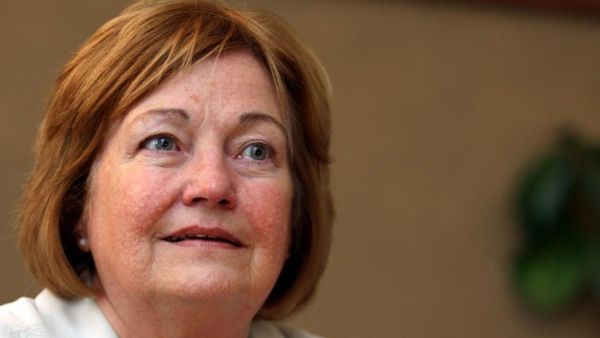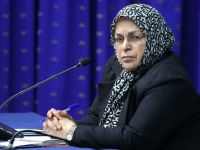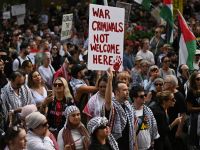Women activists sailing to Gaza to protest Israel's blockade told Anadolu Agency on Tuesday how they hoped to reach the Palestinian enclave peacefully.
"We are fully committed to reaching Gaza," Marama Davidson, a New Zealand lawmaker who is one of 13 women on the Zaytouna-Oliva, told Anadolu Agency.
"We have women sending us messages and waiting to meet us. I can't wait to cuddle some of the babies I've seen in photos on the beach.
"There is no reason to be nervous. We present no threat and are committed to non-violence."
In 2010, a similar protest ended in tragedy when six ships carrying aid to Gaza were raided by Israeli troops. During that raid, commandos killed 10 Turkish activists aboard the Mavi Marmara.
"It was a horrific, unnecessarily brutal attack on unarmed civilians," Ann Wright, a retired U.S. diplomat who was aboard the flotilla, said. Wright is leading the Women's Boat to Gaza mission and is hopeful a similar situation will not be repeated.
"There was such a public outcry after the attack on the Turkish ship that Israel hasn't dared to do something like that again," she said.
In the case of being detained by Israeli forces, Wright, who has been on eight Gaza missions, said the women would most likely be brought ashore, registered and deported.
Other activists aboard the Zaytouna-Oliva, which set sail from Barcelona last month, include Irish Nobel Peace Prize laureate Mairead Maguire, lawmakers from Sweden and Algeria, an Olympic athlete from South Africa and a Malaysian doctor.
All the women are there to protest the nearly decade-long blockade of Gaza by Israel and to show solidarity with Gazan women.
The people of Gaza suffer from poor access to basic services and most cannot leave the enclave without special travel permits.
The blockade was imposed to put pressure on Hamas following its 2006 election victory. Since then, the blockade has cut the region's revenue in half and led to the highest unemployment rate in the world, according to a 2015 World Bank report.
UN Secretary Ban Ki-moon has referred to the blockade as "collective punishment". Speaking in June, he said: "The closure of Gaza suffocates its people, stifles its economy and impedes reconstruction effort."
By Alyssa McMurtry








